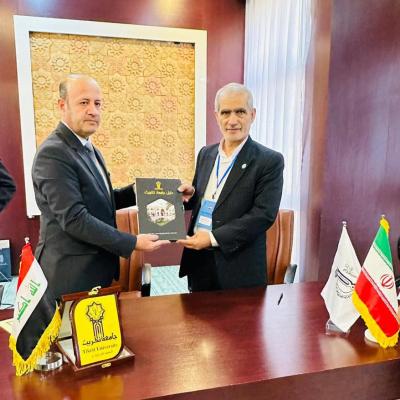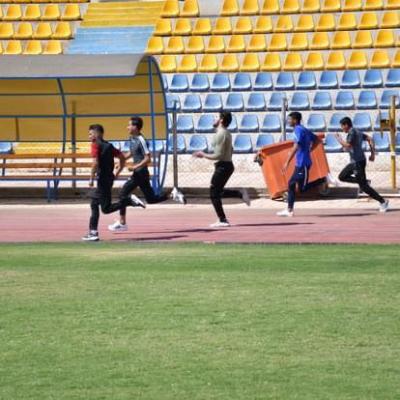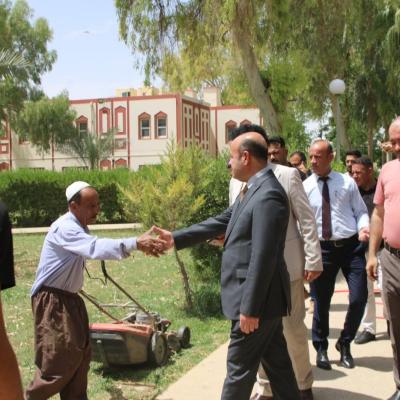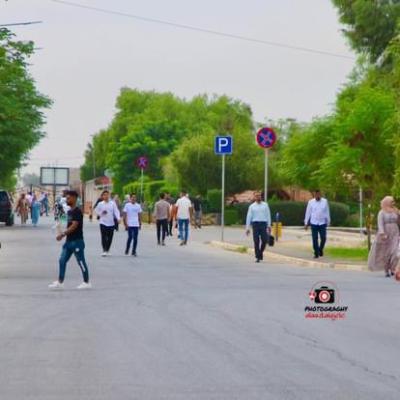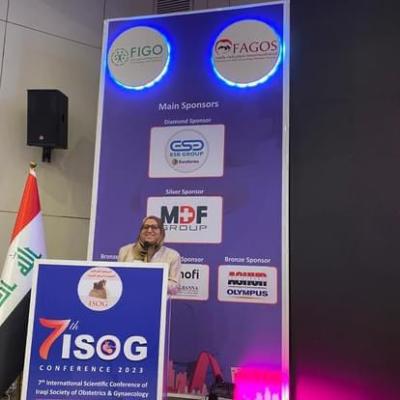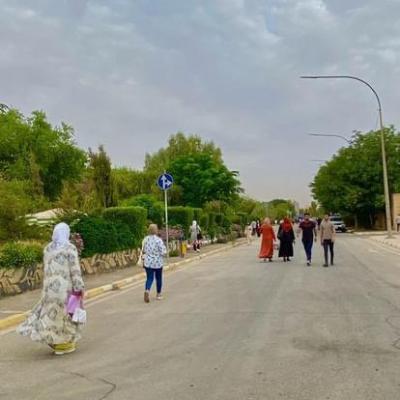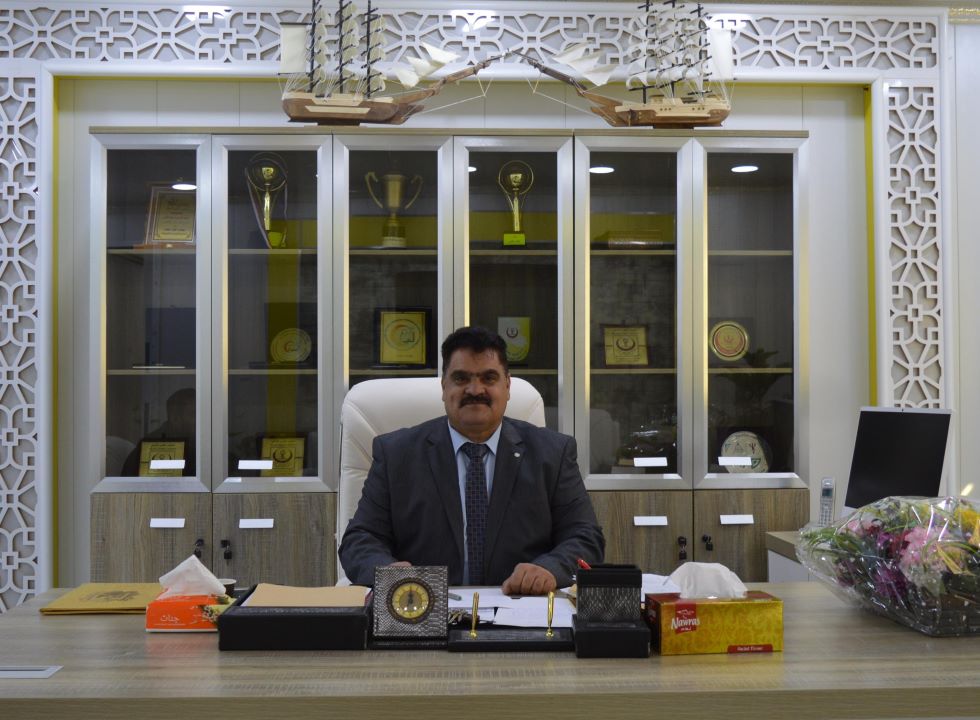
Our History
The idea of establishing the college with the university in 1987. The deanship was built in 1988, students were registered, and work began in 1989. The college building includes a wing for study halls with three large conference halls, ten small discussion halls, and a wing for scientific laboratories, which includes seven of them for histology, anatomy, life chemistry, microbiology, diseases, physiology, statistics, and skills.
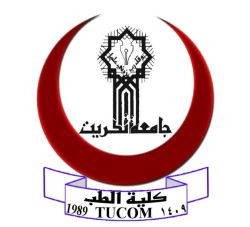
Keeping pace with progress in the field of medical education towards curricula based on community needs, problem-solving methods, and student centrality in order to achieve the general goals of confronting the massive information boom in medical sciences, making our graduates able to continue to rely on themselves in education.
Graduating a competent and effective doctor who is open to the problems of our society, as well as developing and improving the health reality in our society. This is accomplished through: introducing students theoretically, practically, and behaviorally to the common health problems of society. Developing the physician’s preventive, administrative, research, and leadership capabilities. Developing the doctor’s capabilities in communication. Gain experience and learn from fellow doctors and traditional healers. Identifying the doctor’s duties and problems at the heart of society and reality.
Graduating a doctor who is psychologically, technically and behaviorally prepared to work efficiently in the field of health care, treatment, preventive and rehabilitation. Forming the graduate’s integrated personality and developing his abilities to collect, analyze, and deduce, and his ability to recognize health problems in his community, think independently, and make the appropriate decision. Developing medical graduates through work, continuing education programs and postgraduate studies. Active participation by its academic team in providing and developing direct health services for the purpose of social development.

Teaching
The College of Medicine is dedicated to excellence in teaching. Highly qualified faculty members employ effective and innovative teaching methods to provide students with comprehensive medical education. The curriculum integrates theoretical knowledge with practical training, ensuring that students develop the necessary skills and competencies to become proficient physicians. Through interactive lectures, clinical rotations, and hands-on experiences, the College of Medicine prepares students for successful careers in the medical field.








